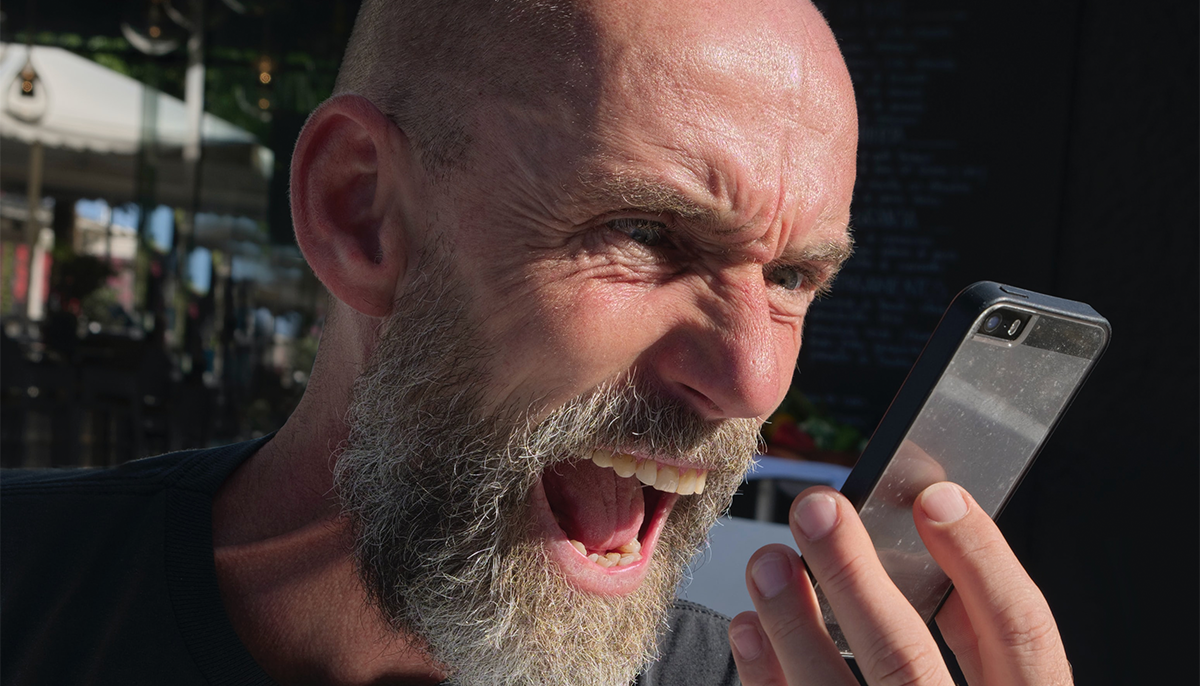I’ve been meditating for a long time, but I don’t seem to be a better person than when I started. And to be honest, my non-Buddhist friends seem to be just as good people as my Buddhist friends. If I’m not acting and treating people better, what’s the point of practice?
Sylvia Boorstein: His Holiness the Dalai Lama likes to say, “The point of life is to be happy.” Recently, I heard him emphasize that it does not matter to him whether a person is a Buddhist or not. “What matters,” he said, “is whether someone is an ethical person.” Here is the connection between ethicality, practice, and happiness, as I see it.
I was brought up to be fundamentally ethical. My parents were kind and moral, and nonharming behavior is what they admired. Since then, I’m sure that my mindfulness practice has strengthened my commitment to ethicality and kindness. It alerts me, sooner than it used to, to the arising of unwholesome states (greed and anger) in my mind so that they do not, for the most part, find expression in word or deed.
I did not start my practice because I wanted to learn kindness. I wanted to be less anxious. I am less anxious. But I am also kinder. And happier.
I feel bad when I do something motivated by greed or anger. Greed and anger are painful, just by themselves. So also are the guilt and shame I feel afterward when I realize I have behaved heedlessly and caused pain.
My husband asked me, many years into my practice and study of Buddhism, “How has all of this changed you?”
I replied, “I became kind.”
He said, “You were always kind.”
I said, “Then, I became kinder.”
I did not start my practice because I wanted to learn kindness. I wanted to be less anxious. I am less anxious. But I am also kinder. And happier.
Read more from our #MeditationHacks series…
[tag_groups_post_list tag__in=73585 posts_per_page=13]

